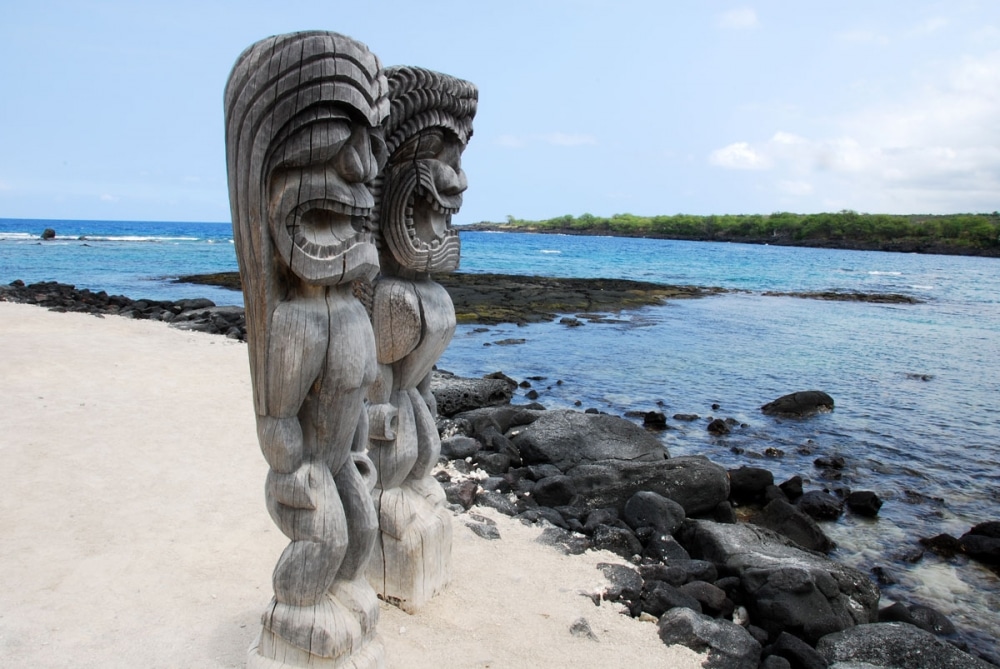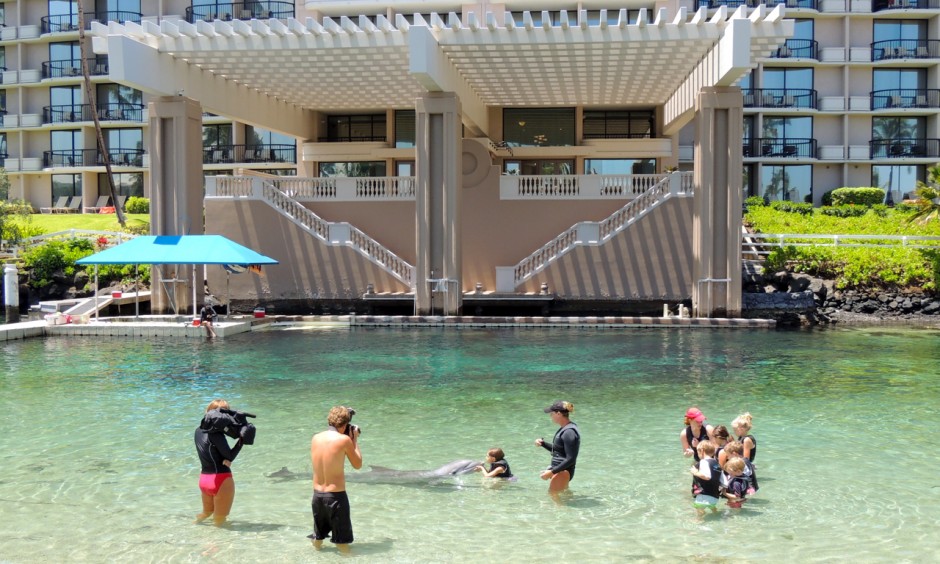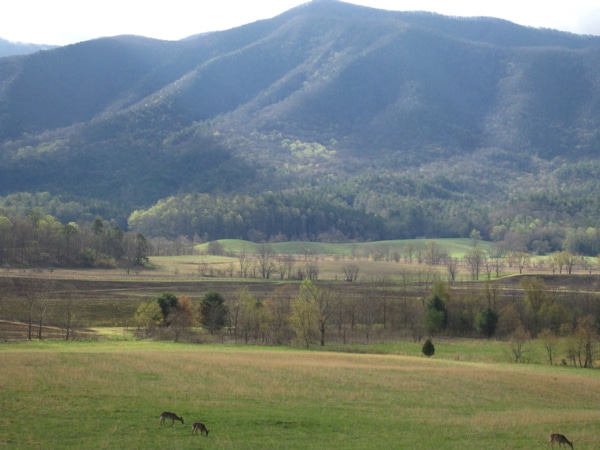We had a fine event in Tacoma, at Kings Books. This spacious and well-stocked store in owned in part by Pat McDermott, who was a gracious host. Jim is from Mt. Lebanon, a suburb of Pittsburgh and where my sister and her family now live. Jim’s brother graduated from the University of Pittsburgh at Johnstown, where I taught for thirty-two years. He also had a bookstore in Madison, Wisconsin and knows Allen Ruff at the Rainbow Bookstore, another place we’ll visit. My talk was also sponsored by a Tacoma social action group called America in Solidarity (go to www.americainsolidarity.org). More places need grassroots organizations like this. Jeff Richardson, one of its officers, helped spread the word about my visit (the interview I did with him is at www.americainsolidarity.org/news/640), and he and other members put together a small spread of vegetables, cookie, and drinks for the people who came. Hospitality like this helps to restore my faith in my fellow humans!
I looked up some facts about Tacoma when we got there. The town’s name comes from the Indian word for what whites called Mt. Rainier. As readers of the book know, this is one of our favorite places. It overlooks the city, much as Mt. Hood keeps watch over Portland. We hoped to get a glimpse of it, and we finally did when the skies cleared the day we left. It was larger and even more spectacular than we remembered, rising massively through the clouds. Tacoma is a diverse city (about 200,000 population), much more so than Portland, with a significant black population (nearly 12 percent). Although there is plenty of gentrification, it still had a bit of a blue-collar feel to it. People at the talk were proud of their city and told us many things about it. Too bad we didn’t have time to explore more on our own.
During my remarks in Tacoma, I focused, as I always do, on the palpable and growing divide between rich and poor. The Sunday Magazine section (June 10, 2007) of the New York Times had several articles about this. But in typical Times fashion, the articles were superficial. The lead article, by a Times staffer was especially bad, showing a complete lack of analysis, never citing sources, and engaging in the kind of pathetic references to “some economists,” “most economists,” etc. Can we have greater equality and still grow? Sweden probably has too much equality. No data. No analysis. And missing entirely was recent research showing that inequality, in and of itself, generates a whole slew of negative health outcomes. The more unequal the society, the more hypertension, the more heart attacks, the more people in prison, the lower the level of schooling. And this is other things equal.
There was one good article in the Times, an account of the attempt by the Service Employees International Union (SEIU) to unionize the service workers on fabulously rich Fisher Island, which is just across the water of Government Cut from Miami Beach. The island is privately owned (originally it was bought by one of the nation’s first black millionaires who hoped to make it a resort for blacks who were not allowed on any other beaches) and accessible only by boat. When we lived in Miami Beach, we read a newspaper article describing the blindfolding of job applicants as they entered the ferry boat, presumably so they wouldn’t be able to identify anyone. The average net worth of island residents – a realtor said that these are mostly fourth homes! – is about ten million dollars, but workers are paid as little as $8 an hour. The union hoped initially to shame the rich into raising wages and recognizing the union, but it underestimated the coldheartedness of the very rich. The workers want better lives, but many are afraid they’ll lose these “good” jobs. In any case, Fisher island exhibits about as much inequality as anywhere in the United States, although the poor workers certainly don’t live there. Things are so plush here that there is a man who walks the island’s imported exotic birds everyday and people soup up their golf carts, making them look like fancy sports cars.
After my talk, we chatted with the audience. A professor at the University of Washington – Tacoma introduced himself. He was Michael Honey, a well-known scholar and author, whose most recent book is Going Down Jericho Road (W.W. Norton) is an account of the Memphis garbagemen’s strike that Martin Luther King helped make famous and in whose support he gave his life, murdered on the balcony of a Memphis motel before a strike support march. Sounds like a must read, so I’m glad I got a (signed) copy. If you ever get a chance, don’t miss seeing the powerful documentary of the strike, “At the river I Stand.” Hard to watch without crying.
We ended our sojourn in the Pacific Northwest the day we left Tacoma. We drove to Lake Forest Park, a dozen miles north of Seattle, to Third Place Books, a large and friendly bookstore, café, stage. The owner has made it not just a bookstore but a community space, with free music on weekends. My friend Brian King (a stalwart unionist, Brian has written for mrzine: see http://mrzine.monthlyreview.org/king260306.html for a good example) recommended the store to me as a possible venue. I spoke with Wendy Manning, events coordinator and she quickly agreed. My signing was well-attended and store staffer Steve gave me an adulatory introduction. Book store workers are almost always knowledgeable, friendly people, and Steve was especially so. After the event, we stayed awhile talking to Brian and his wife Paula. We invited them to visit us when we move to Amherst. I hope they do. Both are people we’d like to get to know better. We drove the three miles back to our motel, a Studio 6 (an extended stay version of Motel 6, equipped with a small kitchen, so we didn’t have to use the hot plate. It’s cheap and clean. I recommend it highly. It’s just off Exit 177 on I-5 north of Seattle. If you turned right on Ballinger Way, you’ve missed it. We did and had to ask directions at a small store), and I fell asleep after watching the last episode of the Sopranos, surely the best series ever on television. See both the Marxmail (http://www.marxmail.org/maillist.html) and Left Business Observer ( http://mailman.lbo-talk.org/pipermail/lbo-talk/) email lists for some good discussions. My friends Louis Proyect and Doug Henwood, respectively, direct these exceptional discussion lists.
Next stop, one of the nation’s centers for tree fruit – Yakima, Washington.






